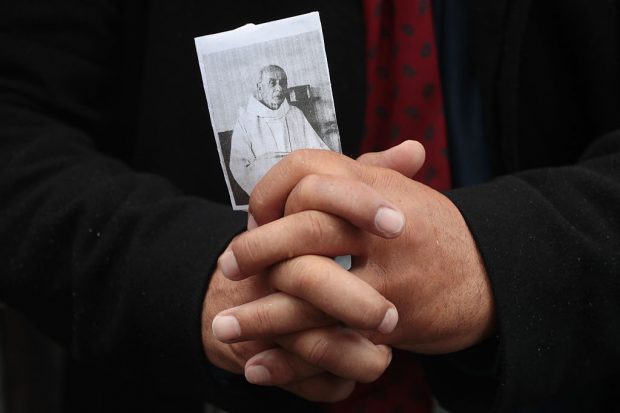Let’s say that a man kills a few people at random in your neighbourhood – on the street in broad daylight. Is it better or worse if he justifies his killing spree as part of a holy crusade? In other words, which is worse – terrorism or meaningless psychotic violence?
I am aware that this is something I perhaps should not admit, but when reports emerge of such attacks, I sometimes catch myself hoping that it is terrorism, not just meaningless madness. Maybe the journalist in me wants a chunkier story, linked up to world events. But the main motive is wider, I think: we can view the evil of terrorism as theoretically curable – by replacing religious extremism with better ideas. This is not so with insanity, which makes it even more terrifying than terrorism. There is far less to say about it, but that’s part of its horror, that we are so ignorant about the nature of the threat.
We do not even know whether to view psychotic killers as evil. We are told by various celebrities not to demonise the mentally ill – but how far does that extend? No one knows. The vague orthodoxy is that they are victims of an illness that makes them do evil things. I think that the old-fashioned language is still largely fit for purpose.
We should see them as possessed by demonic forces. In fact, this New Testament view of the matter underlies the vague orthodoxy I have just described. And this model can also be applied to terrorists – they are possessed by a demonic idea. The French priest whose throat was slit knew this – he died saying ‘Get away from me, Satan’ – he understood the terrorists not as intrinsically evil but as agents of evil. The old religious view of these things is actually more humane than any newer one: it sees the human agents of these horrors as redeemable, but the acts as utterly evil. A secular view either denies the full scale of the evil or, in tabloid headline fashion, over-identifies it with the perpetrator, who is a human like us.







Comments